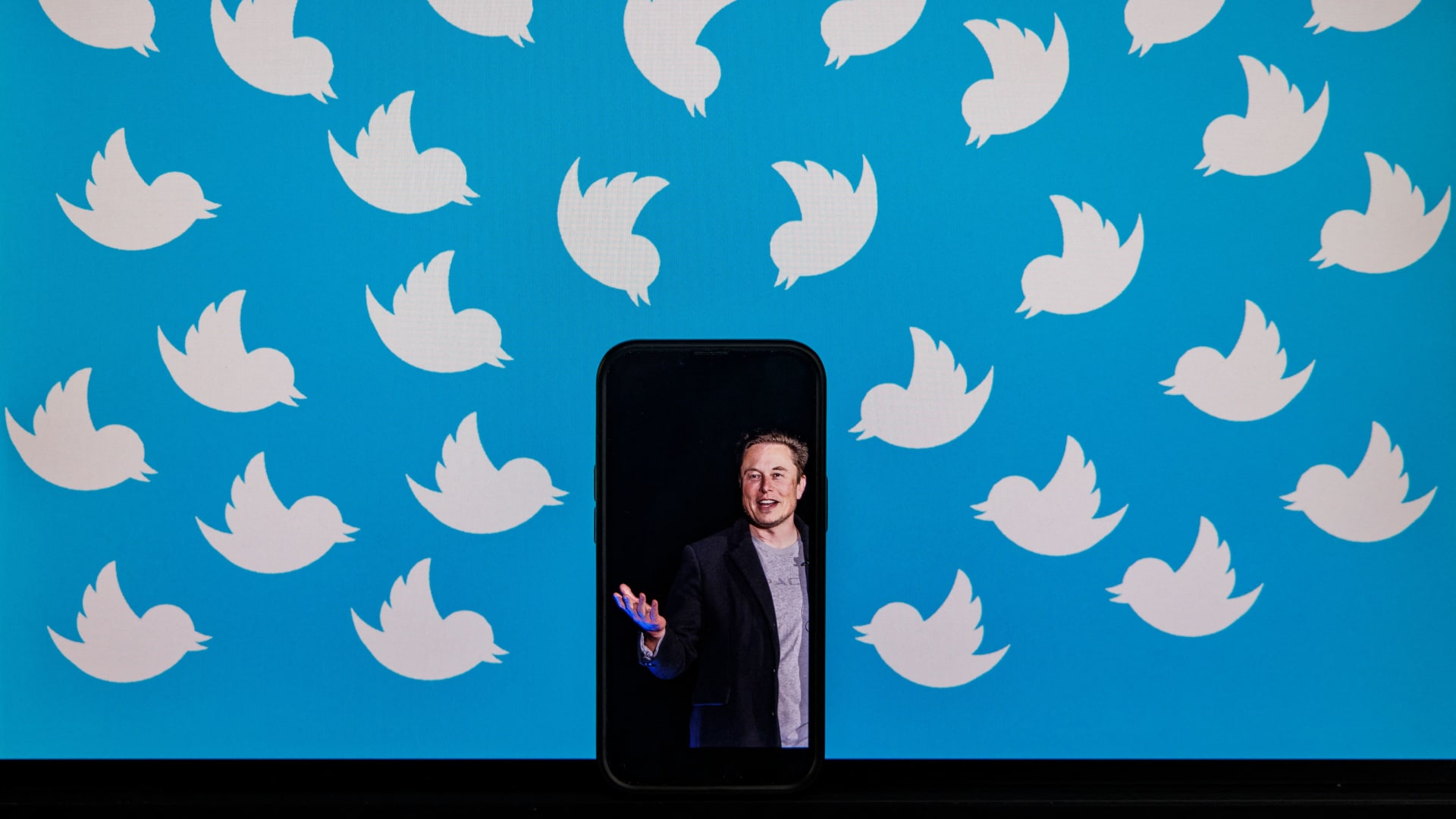Elon Musk’s revived $44 billion deal to buy Twitter sparked fresh debate over what the billionaire will do with the service if he eventually owns it.
On Tuesday, Musk tweeted that buying Twitter is an “accelerant to creating X, the everything app.” He did not provide further details.
Musk may be hinting toward so-called “super apps” which are popular in China and other parts of Asia and pioneered by the likes of Chinese technology giant Tencent.
Super apps is a term to describe an app that often acts as a one-stop shop for all your mobile needs. For example, you might order a taxi or food via the app and at the same time do payments and messaging. This eliminates the need to have multiple apps for different functions.
Chinese app WeChat, run by Tencent, is the biggest super app in the world, with over a billion users.
In WeChat, users can message people, do mobile banking, pay for things online or in store by scanning a barcode, play games, post videos, do online shopping, hail a car and many other things.
When Musk talks about “the everything app,” he could be thinking about WeChat.
The Tesla CEO has previously expressed admiration for WeChat calling the app “great” during a town hall with Twitter employees in June. Musk said there is no WeChat equivalent outside of China.
“And I think that there’s a real opportunity to create that,” Musk told employees. “You basically live on WeChat in China because it’s so useful and so helpful to your daily life. And I think if we could achieve that, or even close to that with Twitter, it would be an immense success.”
Musk said that he wants at least a billion people using Twitter, up from 237.8 million at the end of the second quarter.
One of WeChat’s biggest features is WeChat Pay. This is a feature where users can scan a barcode in a store to pay via their mobile or they can send money to friends via the chat function. WeChat Pay can also be used for purchases online.
Musk said during the town hall that he thinks that payments within Twitter would be an “interesting thing to do.”
However, super apps like WeChat haven’t really taken off in a big way in Europe, the U.S. and other western markets.
WeChat meanwhile is heavily censored in China, something Musk is unlikely to do with Twitter, given his past criticisms of the platform’s content moderation strategy which the billionaire feels has stifled free speech.

